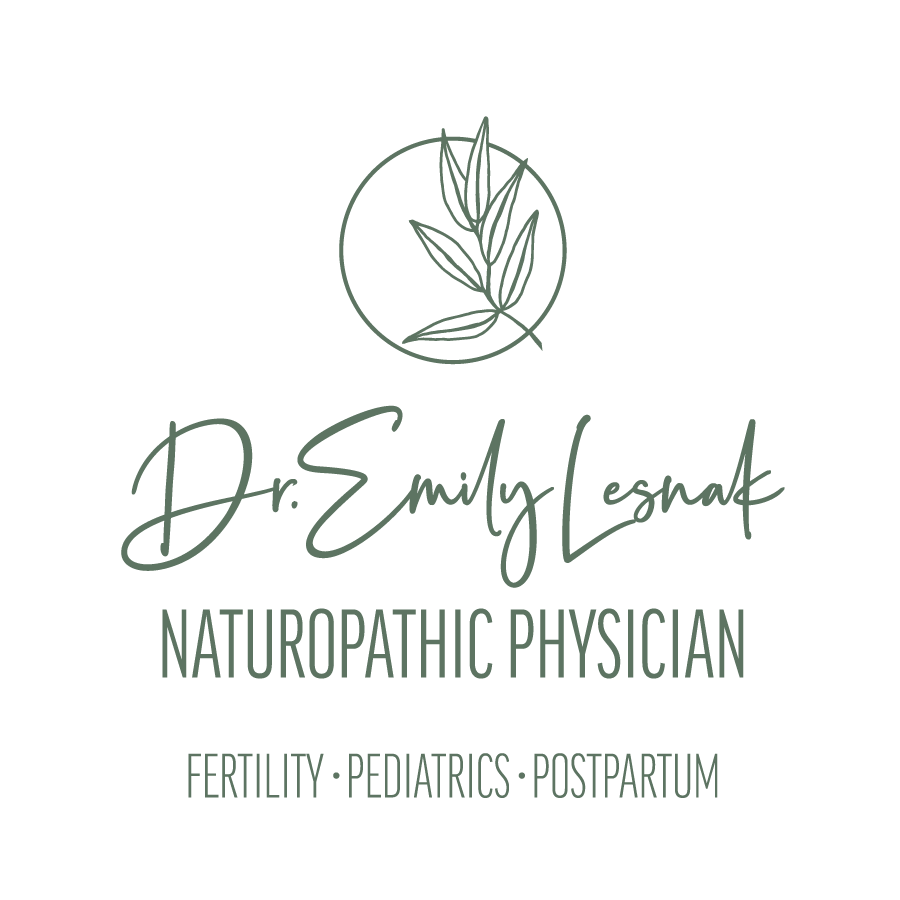I get asked this question frequently when families are in for their child's 12 month well visit. The issue with milk (other than breast milk) is that after the age of one it should be considered a beverage and not its own food group.
Milk does a body good?
Cow's milk is an easy way to get a relatively balanced amount of fat, protein, and carbohydrates into a picky eater. Milk also supplies children with necessary nutrients like Vitamin D and calcium, which are important for healthy bone development. These nutrients are not just found in dairy products. Fermented dairy products, like yogurt or kefir, are great sources of good bacteria like Lactobacillus and Bifidobacteria. It is important to incorporate a wide variety of foods that contain these nutrients, than to have your child "fill-up" on milk products.
Reasons to avoid cow products
Dairy is at the top of the list for food sensitivities and allergies. Children who had dairy related issues as infants, such as colic, reflux, eczema, or ear infections should probably continue to avoid milk as toddlers. Dairy is mucus producing, so for a child who is regularly congested or who catches colds frequently, they might be better off avoiding dairy all together. Too much milk can lead to iron deficiencies and can often take the place of healthier foods at meal time.
Alternatives to cow's milk
Coconut, almond, and hemp are my favorite alternative milks to recommend; however, these milks are not perfect. Almond milk is not a great source of protein or fat and some alternative milks are not fortified with Vitamin D or calcium. Rice milk can have higher levels of arsenic, so I recommend that families avoid this one altogether. Make sure to read nutrition labels on all alternative milks to check for added sugar. It can also be fun to have kids make their own almond milk at home - here is my favorite recipe.
Calcium containing foods
If your child is avoiding dairy products, make sure they are getting calcium from other food sources. Broccoli, spinach, kale, and green beans are great calcium containing veggies. Here is a complete list including amounts of calcium per serving. Children ages 1-3 should aim for 700mg of calcium per day, children ages 4-8 should get 1,000mg per day, and children 9 years of age and older should get 1,300mg of calcium per day. Sometimes it is helpful to see how many milligrams of calcium your child is getting per week and then calculate their daily allowance. If your child is not getting enough calcium while avoiding dairy then they should be taking a multivitamin.
Milk is a nutrient dense food, but it shouldn't replace a healthy meal. Some kids do fine with dairy products, but make sure that your child is getting enough calcium if they are unable to eat dairy.





